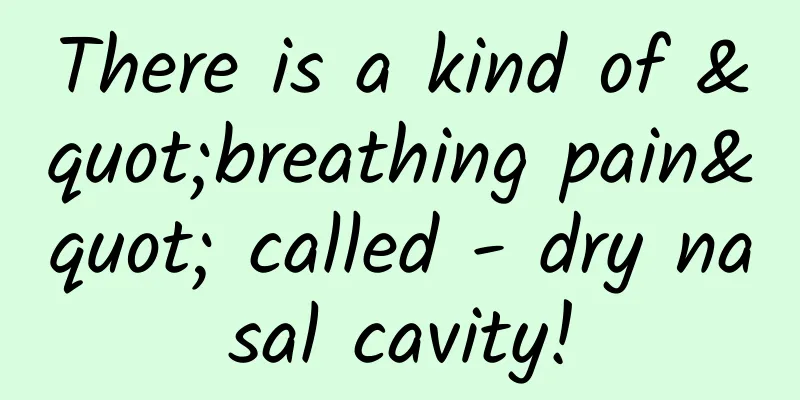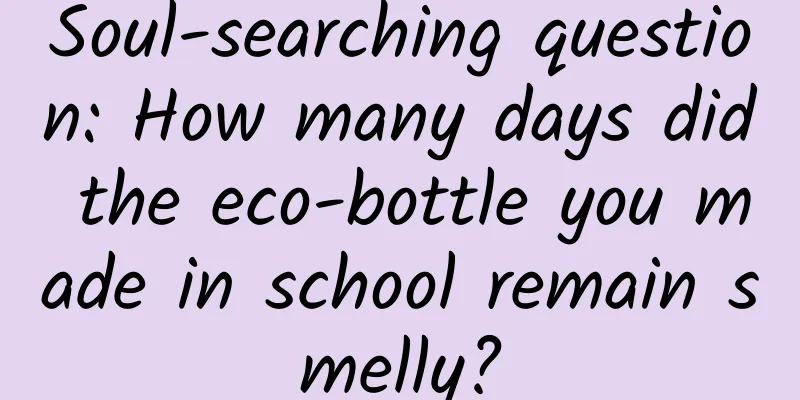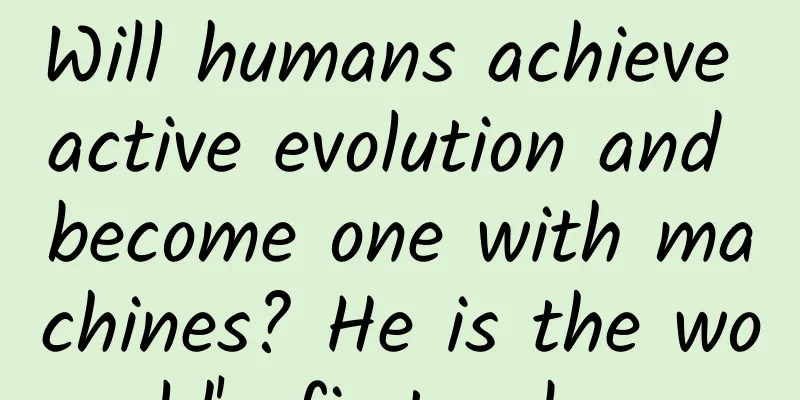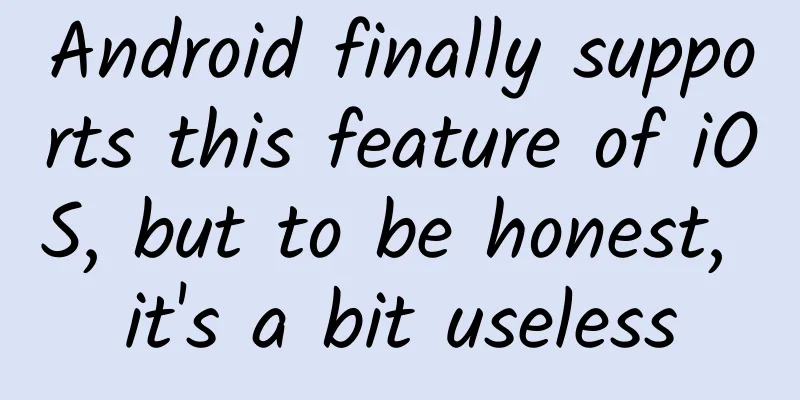Security robot "commits suicide" - Is artificial intelligence a blessing or a curse for humans?
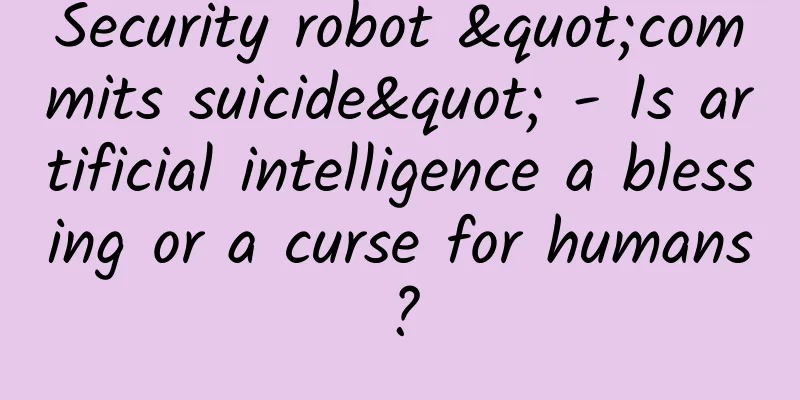
|
Recently, in an office building in Washington, the United States, a security robot made headlines on Twitter for its "suicide" behavior of immersing itself in a fountain, which also sparked heated discussions about artificial intelligence. It is understood that this is a Knightscope K5 robot, developed by the Silicon Valley robotics company Knightscope. It has multiple functions such as GPS, laser scanning and thermal sensing, and is equipped with surveillance cameras, sensors, odor detectors and thermal imaging systems. It can also transmit data when connected to a mobile phone. They can patrol along a designated route or roam at will. The laser scanning and odor detection functions can detect changes in the surrounding environment and even detect air pollution index. The robot can combat crime and monitor suspicious behavior during patrols and has been used in offices and shopping malls in many parts of the United States. Musk: Artificial intelligence is a risk to human civilization Recently, Tesla CEO Musk said that the negative impacts that artificial intelligence may have on human society cannot be legislated when they have already begun. Instead, it requires preemptive regulations and restrictions on human safety. "AI is a rare case where, in my opinion, we need to be proactive in our regulation, not reactive. Because I think by the time we're reactive in AI regulation, it's too late," Musk said. "AI is a fundamental risk to human civilization." Musk's biggest concern is that AI systems could spark unnecessary wars by spreading "fake news" and "information manipulation," a scenario that is very similar to what fans of the "Terminator" film series have thought about over the past few decades. Therefore, regulating artificial intelligence is an extremely important issue. As early as 2014, Musk warned students at the Massachusetts Institute of Technology (MIT) in a speech that the rapid development of artificial intelligence has certain dangers. He said: "I think we should be very cautious about artificial intelligence. If I can guess what the biggest threat to our survival is, it is probably artificial intelligence. So, we need to be very careful about artificial intelligence. I am increasingly inclined to think that there should be some regulatory supervision at the national and international level, just to make sure that we don't do something very stupid. With artificial intelligence, we will summon the demon. We all know that in all these stories, there is a man with a pentagram and holy water, who is sure that he can definitely control this demon, but he fails." In addition to Musk, celebrities such as Stephen Hawking have warned about the safety issues of artificial intelligence, believing that this technology will pose a major threat to all human beings. When will artificial intelligence surpass humans? Last month, researchers from Yale University and Oxford University surveyed 352 AI experts on the topic of "When will AI surpass humans?" The results showed that by 2024, AI will surpass all humans in translation; by 2026, AI will be able to write high school-level articles; by 2027, it will be able to drive trucks; by 2031, it will be able to work in retail; by 2049, it will be able to write a best-selling book; and by 2053, it will be able to perform the work of a surgeon. A study by the World Economic Forum shows that artificial intelligence will create about 2 million new jobs in the next five years, including some emerging occupations such as virtual world designers and unmanned driving system engineers. "Artificial intelligence will explode rapidly. In ten years, 50% of human jobs will be replaced by AI." In April this year, Kai-Fu Lee, chairman of Innovation Works, said in an interview with the media that AI will penetrate into every industry and every job. It will change, subvert and replace 50% of people within ten years. It will change the way we do things completely. It will be faster and more influential than the Internet. As a winner of Toutiao's Qingyun Plan and Baijiahao's Bai+ Plan, the 2019 Baidu Digital Author of the Year, the Baijiahao's Most Popular Author in the Technology Field, the 2019 Sogou Technology and Culture Author, and the 2021 Baijiahao Quarterly Influential Creator, he has won many awards, including the 2013 Sohu Best Industry Media Person, the 2015 China New Media Entrepreneurship Competition Beijing Third Place, the 2015 Guangmang Experience Award, the 2015 China New Media Entrepreneurship Competition Finals Third Place, and the 2018 Baidu Dynamic Annual Powerful Celebrity. |
<<: Why electric vehicles make China the global automotive center of the 21st century
Recommend
Foshan home appliance mall mini program development function, how to make a furniture mall mini program?
As the epidemic continues, many companies are not ...
How to make money online? Data recovery project is a good choice
In life, everyone has the experience of wanting t...
Windows 10 update infinite "initialization": the solution is here
Microsoft has just pushed out the Windows 10 Buil...
For promotion on Xiaohongshu, just read this article.
This article will try to answer your questions: 1...
The most comprehensive summary of the solution for diverting traffic from TikTok to WeChat
Readers often ask the author how to divert Douyin...
Dapeng Education-[Teacher Jia] C4D Design Master Class
Dapeng Education - [Teacher Jia] C4D Design Maste...
DEVIALET MANIA - A breakthrough in high-fidelity portable audio experience
Devialet's expert engineering team brings its...
Why is she called the "Marie Curie" of China? | Time Letter
Special Project of Beijing Science Center Origina...
Writing command line programs in Swift
This is one in a series of articles exploring Lin...
Why are these two cabinets called the "guardians" of scientific experiments on the space station?
Produced by: Science Popularization China Author:...
Farewell to 93#, the National V Standard will be implemented nationwide from January 1 next year
Eleven cities including Beijing, Shanghai and Gua...
Autonomous driving in the new infrastructure era - Juefei Technology's "data engine" mid-stage breakthrough
Preface: There is no shortage of new car-making f...
Beijing Hyundai is caught in a production suspension crisis: it owes suppliers 111 million yuan and is cut off from supply
Beijing Hyundai, which has surpassed the annual s...
When did "dog" become an adjective?
Do you know why "dog" is an adjective? ...
WeChat photo editing and beauty mini program function, how much does it cost to make a WeChat mini program for old photo restoration?
Nowadays, it is really difficult to distinguish t...

